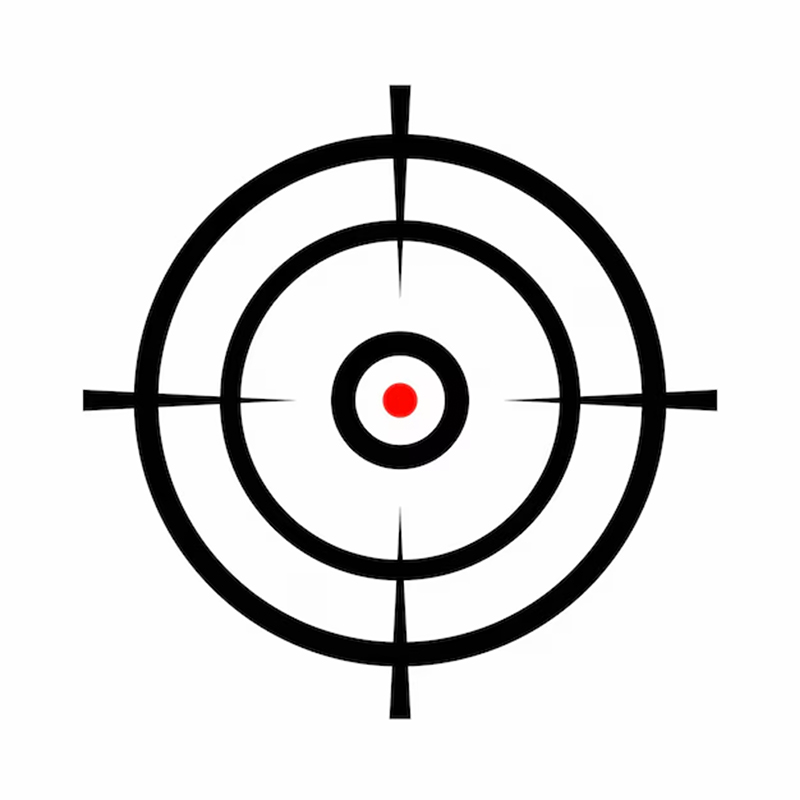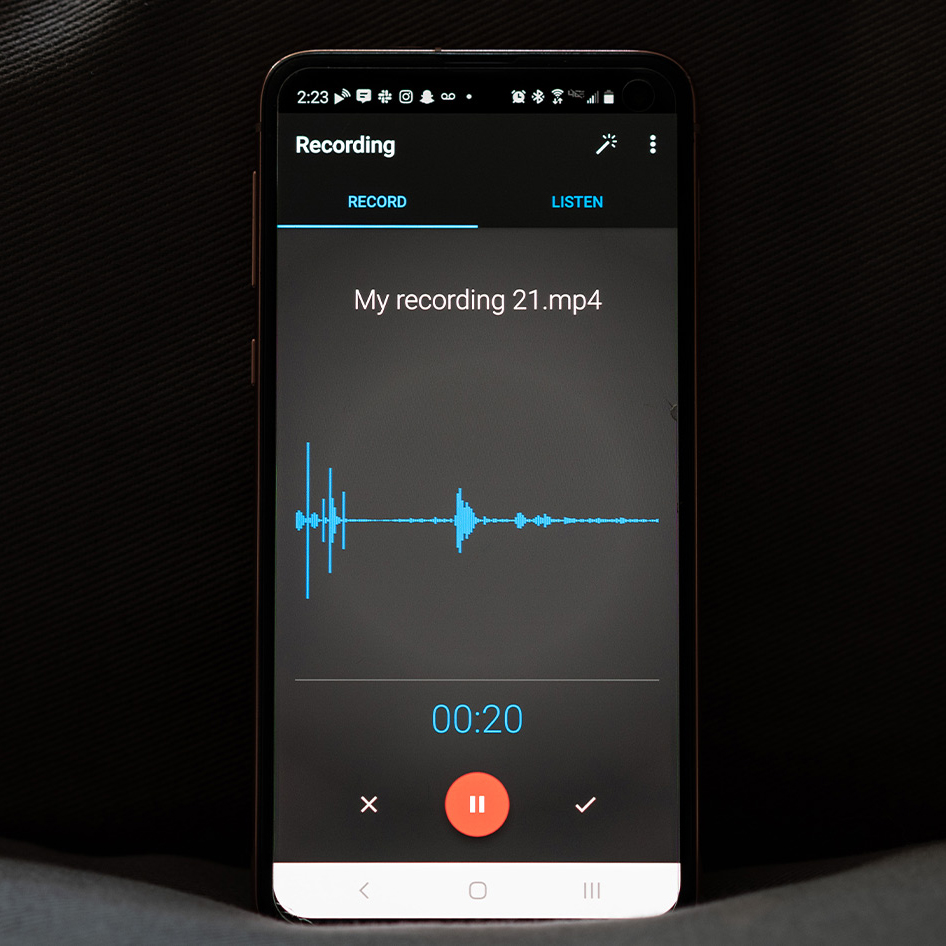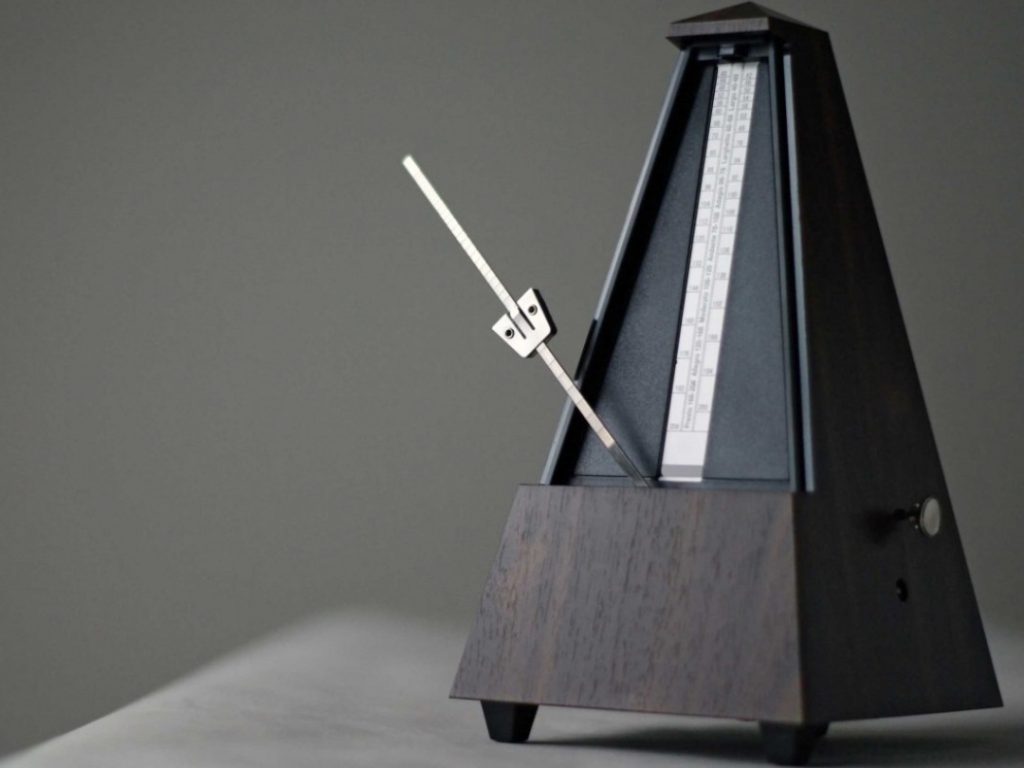
Practice in Music
Strategies for Optimal Music Practice
In the journey of musicianship, daily practice is one of the key pillars of progress in both playing and technique. However, simply spending time with an instrument does not guarantee improvement. Effective practice must be purposeful, mindful, and consistent.
This article explores the most important principles that can significantly enhance the quality of your practice.
1. Practice with a Clear Goal
Each practice session should begin with a clear goal. Do you want to work on a specific technique? Learn a new piece? Or improve a particular section of a composition? Writing down this goal before starting your practice enhances mental focus and prevents ineffective practice sessions.

2. Divide Your Practice into Sections
Instead of long and exhausting practice sessions, divide your practice into shorter intervals (e.g., 25 minutes) and take brief breaks between each session. This method helps improve focus and prevents mental and physical fatigue.
Students who aim for serious instrumental practice should ideally spend an average of one hour per day practicing. However, this time can be split into shorter segments to avoid excessive strain on the hands.
3. Practice Slowly and Precisely
One of the common mistakes is practicing at high speed before mastering a section. Practice slowly but with high precision. Once the movements and rhythms are ingrained in your muscle memory, you can gradually increase the speed.
4. Identify and Target Weak Points
Most people tend to practice the sections in which they are already strong. However, effective practice means focusing on weaknesses. The parts that are more challenging or where you repeatedly make mistakes are the areas where the most growth occurs.
5. Record Yourself
Recording your practice or performance is one of the best tools for gaining awareness of your playing. When you listen to the recorded file, you can analyze your sound from an external perspective and identify mistakes or areas for improvement. Additionally, you can compare your playing with your music teacher’s instrument to refine your technique.

6. Prepare Your Body and Mind
Before starting your practice, dedicate a few minutes to warming up. This not only prepares your muscles but also enhances mental focus. Additionally, mental practice—visualizing movements or the piece—can be particularly beneficial for professional musicians.
Ask your teacher for specific warm-up exercises related to your instrument. For percussion players, hand warm-ups are especially important, as they ensure long-term muscle health and prevent injuries.
7. Consistency, Not Intensity
Instead of irregular and intense practice sessions, short but consistent practice throughout the week is more effective. Even 30 minutes of daily practice is better than several hours in a single day, as learning occurs through a gradual process.
8. Using a metronome:
In percussion instrument practice, using a metronome is essential. You can practice with mobile metronome apps or digital and analog metronome devices.
To start, set the metronome at 60 BPM, and after gaining mastery, gradually increase the speed by increments of 10 BPM. In the early days of practice, avoid playing at speeds higher than 150 BPM.

9. Practice in front of the mirror:
When playing, try to position yourself in front of a mirror. This allows you to observe your hand and body movements more clearly, eliminating the need to look directly at the instrument. Over time, this practice improves performance and enhances your musical expression skills.
Conclusion
Effective practice is an art within the art of musicianship. By following the principles outlined above, musicians can make the most of their practice time and experience real progress.
Great musicians throughout history have each developed their own discipline and routine for daily practice. Long hours of unfocused practice will not necessarily add value and may even lead to muscle injuries—especially for percussion instruments like Daf, Cajón, and Conga.
The quality of your practice directly reflects the quality of your performance. With smart and efficient practice, you may reach your goals in a shorter time.
